On the occasion of the Food Safety Action Month 2025, at the end of April, the Provincial Interdisciplinary Food Safety Steering Committee established 3 delegations to inspect the compliance with food safety regulations in 9 districts and cities in the province. |
The risk of "dirty" food circulating on the market
At traditional markets, flea markets and on many roads in the province, eye-catching green vegetable stalls can be seen everywhere. The sellers can be farmers who grow vegetables and bring them directly to the market or small traders who buy wholesale at Tuc Duyen wholesale market ( Thai Nguyen city) and then bring them back to sell retail.
The worrying thing is that the origin of these vegetables is unclear. Most consumers "blindly" buy vegetables at the market, so they are always worried that the vegetables contain high levels of pesticide residue, which can cause food poisoning or toxic chemicals that gradually penetrate the body, causing dangerous diseases over time, especially cancer...
Ms. Tiet Thi Khanh, residential group 8, Hoang Van Thu ward (Thai Nguyen city): Although we know that buying vegetables at the market does not have a clear origin and does not ensure food safety, Thai Nguyen currently does not have many reliable safe vegetable businesses. In many places, information about selling safe green vegetables does not necessarily ensure the "clean" criteria.
Similarly, in markets and on the streets, animal meat products are also sold everywhere, many stores do not have veterinary inspection stamps, so it is difficult to detect residual banned substances in this type of food. Notably, it is also difficult to determine whether animal meat products are infected with dangerous diseases such as blue ear disease, foot and mouth disease, bird flu, etc.
Most large collective kitchens in the province strictly comply with food safety regulations. |
According to information from the provincial Steering Committee for Food Safety, Thai Nguyen currently has over 28,000 establishments producing, processing, trading food, catering services and street food. That is not to mention vegetable growing areas, fruit growing areas, tea production areas, etc.
With such a huge amount of input, managing these establishments, especially farming households, is not easy. Especially when the compliance awareness of some food production, processing and trading establishments in the province is not high. According to Ms. Nguyen Thuy Hang, Vice Chairman of Phu Luong District People's Committee, for profit, they disregard the provisions of the law, when inspected and handled, they find ways to avoid and do not cooperate, causing difficulties for the inspection and handling work.
Regulatory agencies intervene
Along with promoting propaganda work, raising people's awareness in many diverse and rich forms about food safety regulations (through mass media; loudspeaker systems at district, commune and hamlet levels; distributing documents; hanging banners and slogans), inspection work is always strengthened by the Steering Committees at all levels.
On average, every year, the province establishes about 600 inter-sectoral inspection, examination and post-inspection teams on food safety, especially during the Lunar New Year, Food Safety Action Month and Mid-Autumn Festival. Accordingly, about 8,000-9,000 food production, processing and trading establishments are inspected. Every year, the number of establishments found violating the law is always in the triple digits. |
The main violations are trading in goods of unknown origin; trading in fresh food of animal origin that is spoiled or discolored; not posting prices of goods; violating general conditions for ensuring food safety; not ensuring a hygienic environment; not fully storing food samples for 24 hours, not establishing a three-step food inspection record according to regulations of the Ministry of Health ; producing and processing products that do not meet quality standards.
Mr. Ly Van Canh, Head of Food Safety Department (Department of Health ): Inspection activities not only help detect violations for handling and deterrence, but also provide an opportunity for authorities at all levels and functional sectors to disseminate food safety regulations to producers, traders and consumers. Thereby, owners of production and trading establishments must strictly comply with the provisions of the law.
During the inspection process at the facility, the province's interdisciplinary inspection teams paid special attention to food traceability. |
In addition, every year, the Steering Committees at all levels also promote inspection, examination and supervision of food contamination risks at schools, factories, enterprises, markets and supermarkets; supervise food safety assurance at events taking place in the province. At the same time, strengthen the management of food establishments (the Health sector manages over 3,400 establishments, the Agriculture and Environment sector manages over 20,000 establishments; the Industry and Trade sector manages over 4,700 establishments). Accordingly, the provincial Steering Committee for Food Safety also directs relevant sectors to tighten the issuance of certificates of establishments meeting food safety conditions.
Need people's initiative
In fact, food safety management in the province has been carried out regularly and quite effectively. During the inspection process, detected violations were handled according to the provisions of law. Relevant sectors such as Health, Agriculture and Environment, Industry and Trade, Market Management, the Provincial Fatherland Front and other departments, sectors and organizations maintained good coordination in ensuring food safety.
However, with many potential risks, the food safety sector is wide, awareness of the people is still limited, food establishments are mostly small, the physical conditions are rudimentary, production is not in the chain. Especially customs and practices: engagements, death anniversaries, festivals, birthdays... occur frequently, causing difficulties in management, inspection and supervision. Not to mention, there are few centralized slaughterhouses, mainly slaughtering pigs and chickens, causing difficulties in carrying out the slaughter process for other animals such as buffaloes, cows... Especially, it is difficult to check and control food safety quality at food establishments operating online, on social networks: zalo, facebook. Food traceability also faces many difficulties...
Therefore, to ensure food safety, in addition to the participation of state management agencies and local authorities, it is necessary to have the initiative and positivity of the people. Mr. Do Trong Vu, Deputy Director of the Department of Health, recommended: More than ever, consumers must raise awareness, understanding, and protect themselves from "dirty" foods by choosing to use products with clear origin and source, and be responsible for notifying relevant authorities when detecting violations of food safety regulations...
Source: https://baothainguyen.vn/thoi-su-thai-nguyen/202505/an-toan-ve-sinh-thuc-pham-can-dam-bao-tu-goc-den-ngon-cf83818/


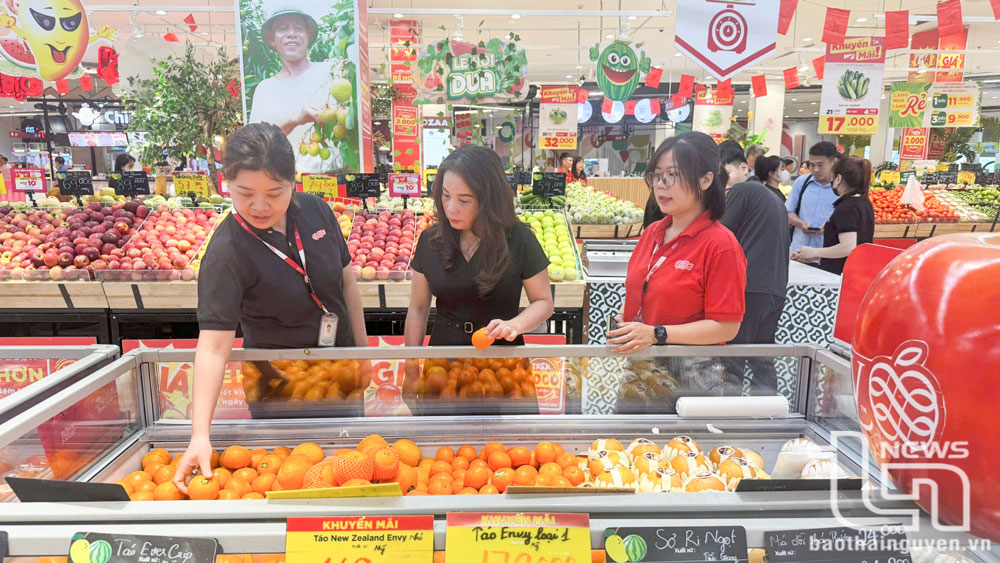
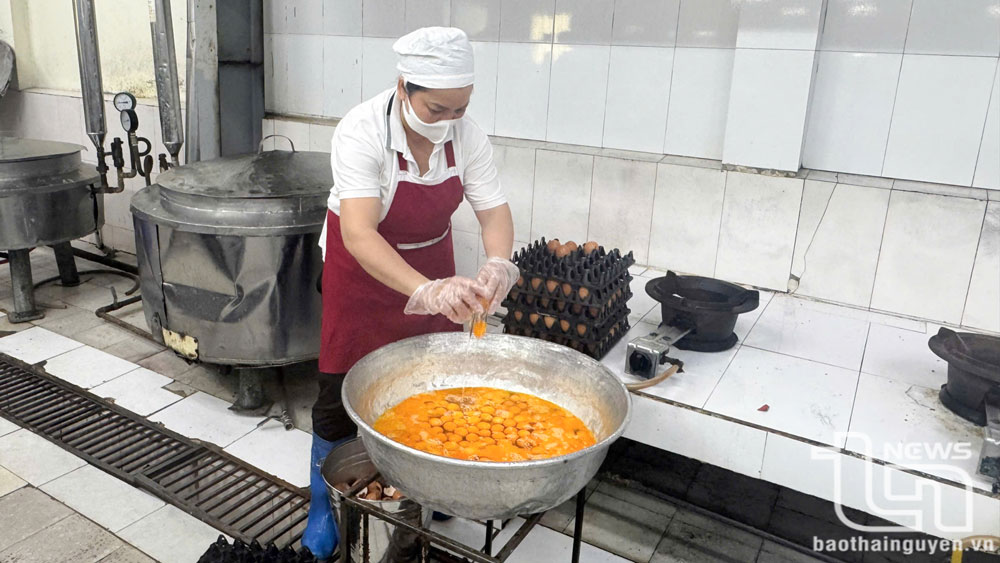
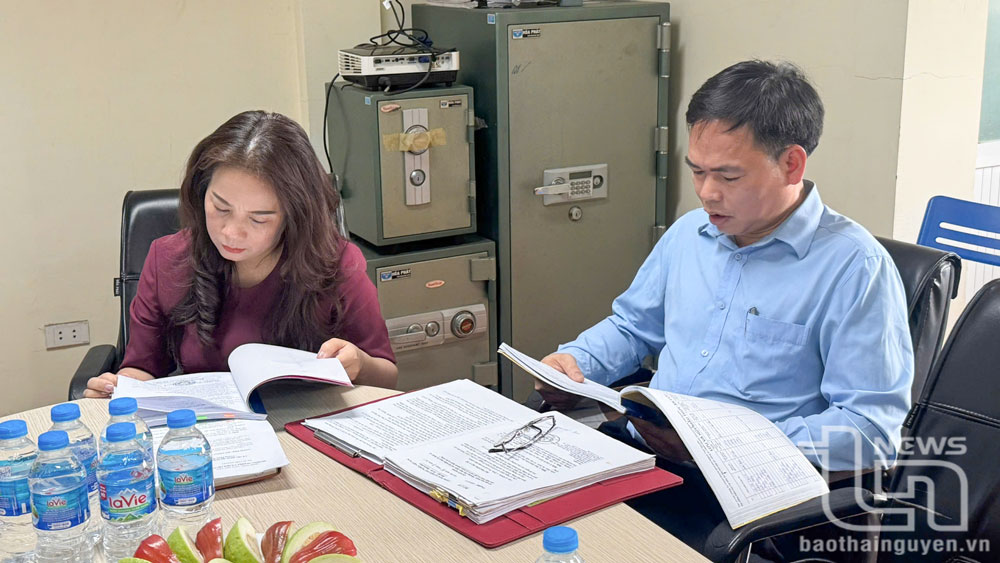

![[Photo] Funeral of former President Tran Duc Luong in Quang Ngai](https://vphoto.vietnam.vn/thumb/1200x675/vietnam/resource/IMAGE/2025/5/25/ccf19a3d8ea7450bb9afe81731b80995)
![[Photo] Welcoming ceremony for Prime Minister Pham Minh Chinh and his wife on an official visit to Malaysia](https://vphoto.vietnam.vn/thumb/1200x675/vietnam/resource/IMAGE/2025/5/25/dc30203c3ae24da3990266ec3b29bb2d)
![[Photo] The coffin of former President Tran Duc Luong arrives in Quang Ngai](https://vphoto.vietnam.vn/thumb/1200x675/vietnam/resource/IMAGE/2025/5/25/1f1aca0d92ab47deae07934e749b35e6)

















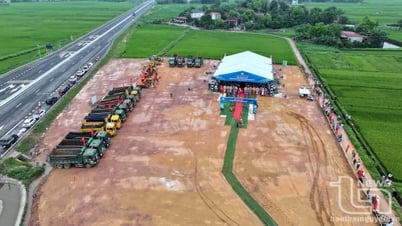
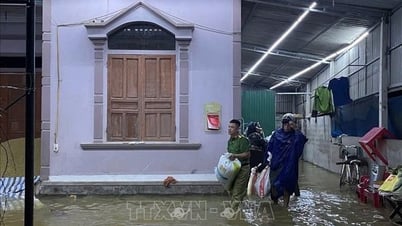

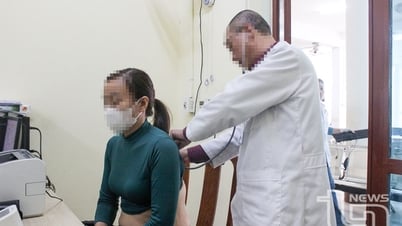

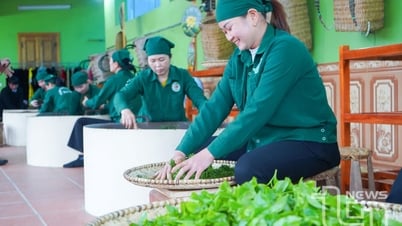












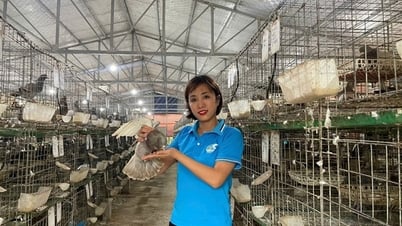


















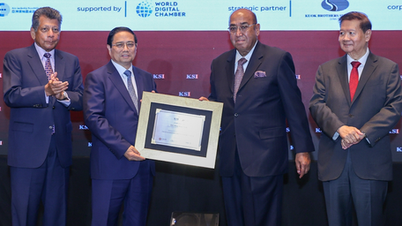
















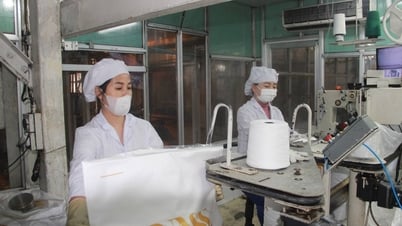


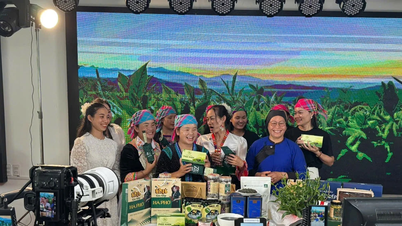







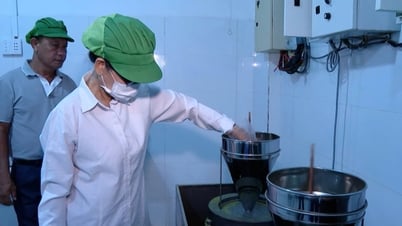

Comment (0)